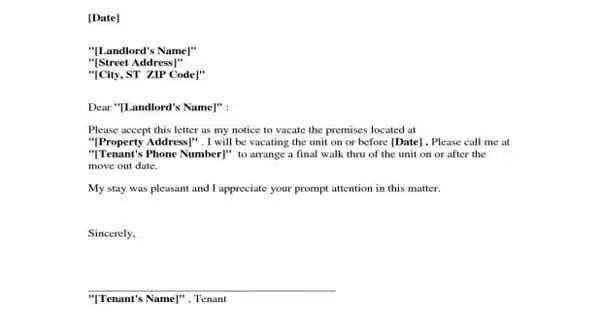Businesses of all sizes are constantly looking for ways to gain a competitive advantage. They are all looking for ways to gain an advantage over their competitors. In recent years, many businesses have begun to consider how they create their staff in order to gain a competitive advantage.
Contingent workers are persons who work for a firm on a temporary basis. The term is occasionally used as an alternative to ‘freelancer’ or ‘contractor.’ That is not totally correct usage.
Benefits of Hiring Contingent Workers –
A contingent workforce can benefit both your business and the individual worker in question in a number of different ways. There are several potential strategic and financial advantages to hiring contingent workers. Among them:
- Maximize flexibility
Instead of committing to recruiting permanent personnel, organizations can vary the size of their workforce as needs change. When a contingent worker has completed their work, you have the option of working with them again.
Hiring an employee is a significant investment. Your client may not need to hire a full-time employee to complete some assignments. Your client will have greater flexibility if they recruit a contingent worker. The employee is only hired for a set period of time.
- Access specialized skills
Workers can be brought in for one-time projects that require talents that your usual crew does not have, such as designing your company’s website. The contingency worker can be utilized to temporarily bridge any essential skill shortages, boosting the flexibility and responsiveness of your team as needed. As a result, the contingent worker can provide you with greater workforce flexibility, allowing you to expand your labor force and boost your productivity output on demand without incurring the costs associated with retaining permanent staff.
- Save on compensation
In general, a company must spend money on benefits in order to attract and keep personnel. Your customer is not required to provide contingent workers with health insurance, personal time off, retirement plans, or any other contract employee benefits.
Companies are only required to pay contingent workers the agreed-upon sum for their services. They are not required to pay overtime or give employee benefits such as healthcare coverage or paid time off. Many businesses might profit from saving money on benefits and reducing annual wages. In addition, your client saves money on Social Security and Medicare taxes, as well as unemployment tax payments.
- Save on training costs
Contingent workers are typically employed for advanced knowledge and abilities that they already have, decreasing or eliminating time to productivity. One of the benefits of using contingent workers is the rapidity with which they can be brought on board. Starting a project with a contractor usually takes far less time than recruiting a full-time employee. This, however, can divert a company’s attention away from properly screening the people with whom it works. Overlooking the screening process might lead to serious complications.
- Avoid tax responsibilities
Contingent workers are not paid on a salary and must pay their own taxes and national insurance contributions because they work for themselves, not for you. They are also not entitled to statutory or contractual benefits, where their rights and responsibilities are governed by the terms of a service contract. Even though a contingent worker will frequently charge a greater rate than the pro-rata equivalent for an employee, a corporation can still save much, including payroll administration expenditures.
Employers must handle federal, state, and local income taxes, as well as Social Security and Medicare taxes, for regular employees. Employers who withhold Social Security and Medicare taxes for their employees are required to provide a matching employer contribution.
If the contingent worker is a self-employed individual, they must pay self-employment tax. If the contingent worker is one of your contract employees, you must withhold taxes from their compensation.
















